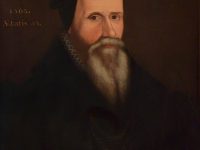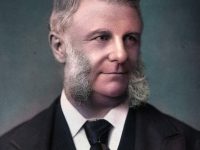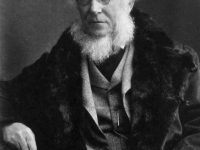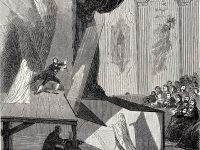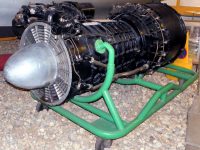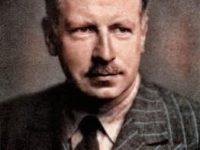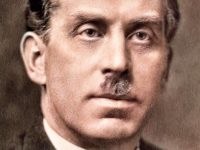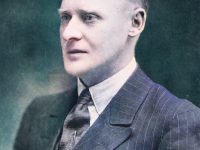John Caius and the English Sweating Sickness
On July 29, 1573, English physician John Caius passed away. Caius was one of the founders of the present Gonville and Caius College, Cambridge. His classic account of the English sweating sickness is considered one of the earliest histories of an epidemic. Studying under Montanus and Vesalius John Caius was born in Norwich and was educated at Norwich School. John Caius attended Gonville Hall, Cambridge, where he seems to have mainly studied divinity. After graduating Magister…
Read more

